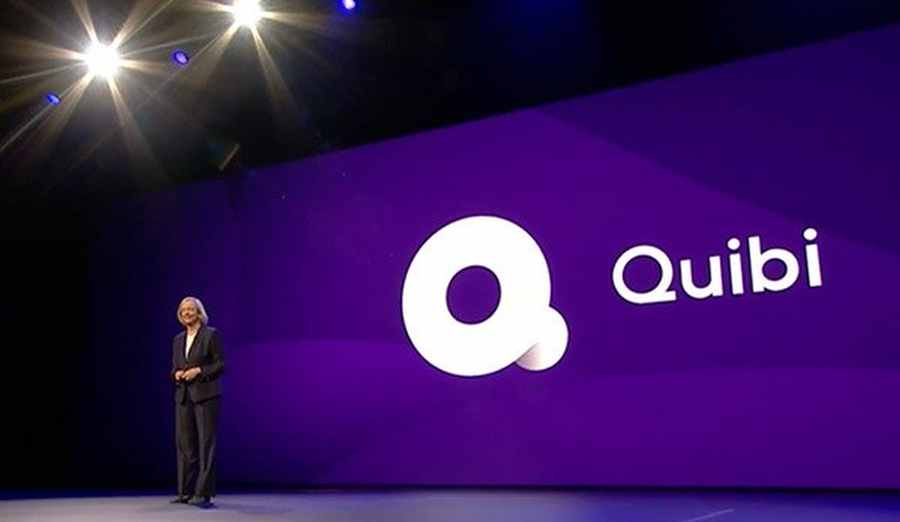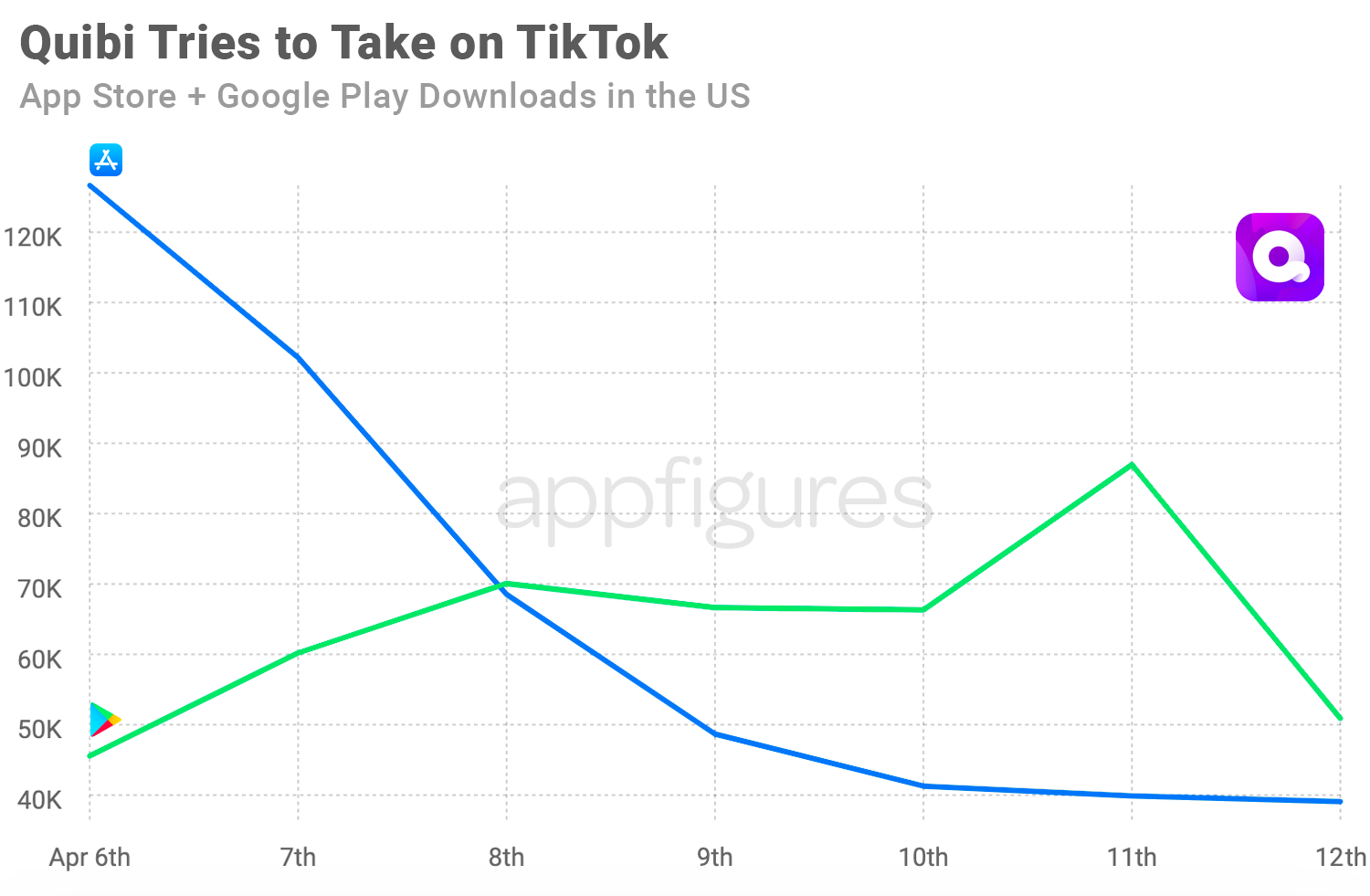Quibi failed after raising $1.8 billion for its short video streaming service for millennials

The days of “if you build it, they will come” are over. Back in January, we wrote about Quibi after the mobile-first video streaming service startup raised $400 million for its mobile-first video streaming service built for millennials. At the time, the startup was scheduled to make its debut on April 6. Just two months after its original launch in April, the beleaguered startup reportedly lost 90 percent of early users after their free trials expired. Just three months after the launch, Quibi has raised a total of $1.8 billion in funding.
The question everyone has been asking is, how could Quibi fail, given all that investment and hype? By all accounts, Quibi had the wind at its back. Quibi has everything a startup could dream of, funding, a great team, corporate heavyweights, free PR, and especially two of the brightest minds in the technology industry. So, what exactly went wrong? From all indications, it seems Quibi probably misread what millennials truly wanted. Just because millennials like watching Netflix on their phones does not necessarily mean they find watching 10-minute video content exciting.
According to mobile analytics firm Sensor Tower, Quibi was only able to convert a little under 10 percent of its first group of early users into paying subscribers. Sensor Tower said the short-form video platform signed up about 910,000 users in its first few days back in April. Of those users, only about 72,000 stuck around after the three-month free trial, suggesting the app had about an 8 percent conversion rate. In total, Sensor Tower estimated only 4.5 million have downloaded Quibi app.

In a related report, the Wall Street Journal also reported that, among other things, that Quibi may fail to hit even 30% of its projected first-year subscribers goal, with a likely year-end total of under two million paying customers.
Quibi was founded in 2018 by Jeffrey Katzenberg. The Los Angeles-based Quibi is run by corporate heavyweight and former CEO of Hewlett Packard Enterprise, Meg Whitman. The short-form video platform is also backed by Disney, Alibaba, Comcast, and others. Quibi, which stands for “quick bites,” takes a different approach than the other major streaming players. Instead of full-length shows, Quibi plans to set itself apart by targeting mobile users who can stream short episodes of programming that will run under 10 minutes.
Jeffrey Katzenberg is best known for co-founding Dreamworks animation, serving as chairman at Walt Disney Studios for ten years, and producing timeless hits such as The Little Mermaid, Beauty and the Beast, Aladdin, The Lion King, Shrek, Madagascar, Monsters Inc, and Kung Fu Panda.
Quibi launched on April 6 at $4.99 per month with ads or $7.99 per month without ads. As part of the launch, Quibi also said it plans to introduce more than 175 original shows and 8,500 short episodes in the 12 months following its launch.
Others said Quibi’s failure has a lot to do Katzenberg leadership. In a Medium post, Steve Glaveski wrote that Quibi’s failure is “A Case Study in Egotistical Leadership.” Below is what Glaveski wrote about Katzenberg:
Speaking with Peter Kafka on the Recode Media podcast, Katzenberg’s language and attitude was diametrically opposed to what you’d expect from somebody with a lifetime of experience at the highest level. He was defensive. He was arrogant. Almost everything Katzenberg said flied in the face of leadership wisdom we’ve garnered from business luminaries such as Ray Dalio, Reed Hastings, Jeff Bezos, Eric Schmidt or Bill Campbell. It also defied what we‘ve learned from military leaders and leadership thinkers such as General Stanley McChrystal or John Maxwell respectively.
In the end, Katzenberg blamed Quibi’s rocky launch on coronavirus. “I attribute everything that has gone wrong to coronavirus,” he told the New York Times.
Below is a video of H3 Podcast Highlights discussing Quibi $2 billion failure.
Here is another video of why Quibi is failing and Netflix is thriving

